Meet us
The Game Studies Research Centre (GSRC) is a unit created to establish a scientific network associating scientists from various faculties and disciplines sharing a common interest in game studies. The GSRC represents an interdisciplinary initiative reflecting the intricate nature of game studies.
The main goal of our team is to foster international scientific collaboration with game researchers, organise scientific events (seminars, conferences), and develop, acquire, and implement research projects.
Furthermore, the GSRC aims to create a platform for promoting local game studies on an international scale and therefore improving the visibility of scientific publications and initiatives of our collaborators.
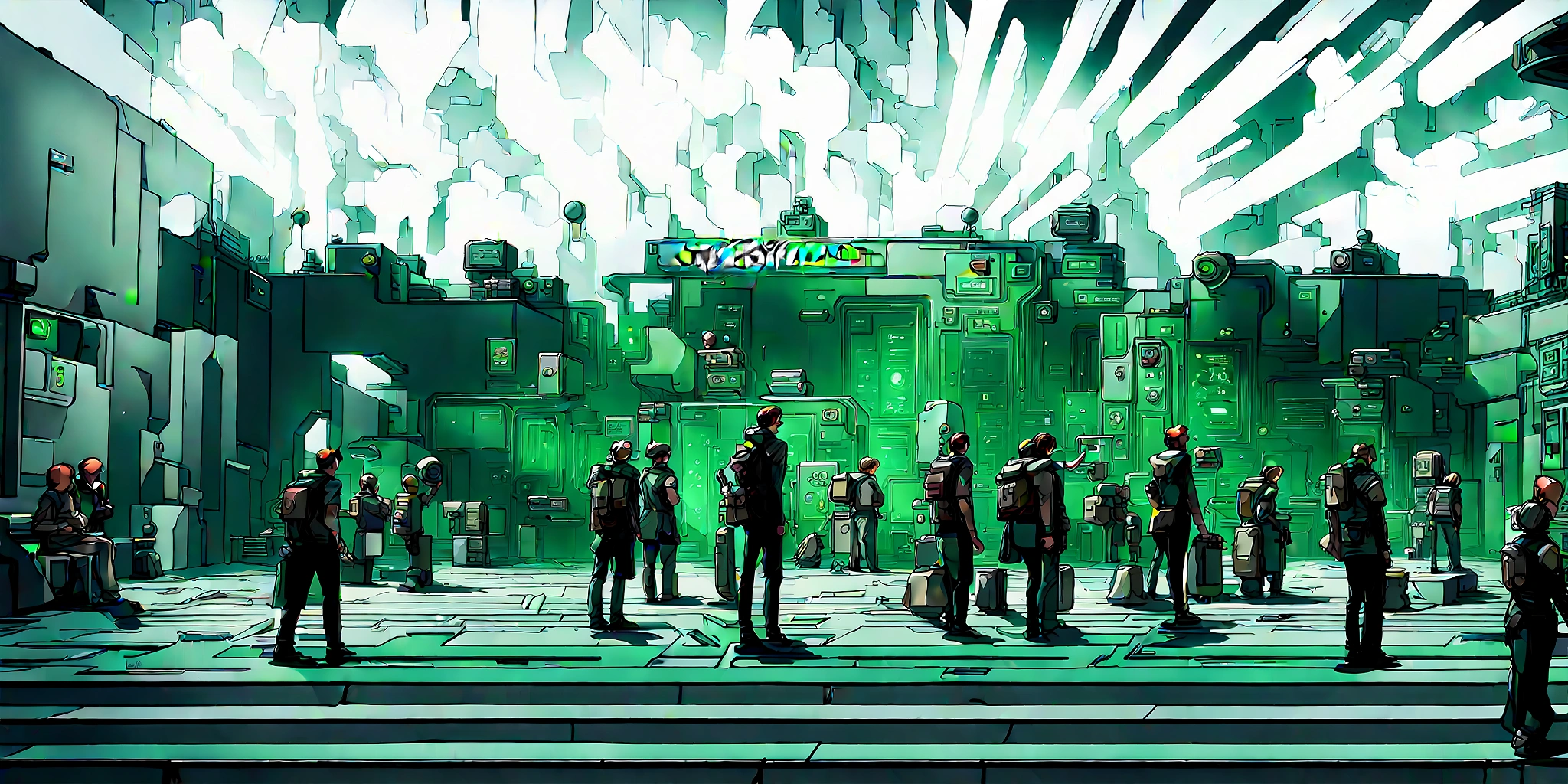
Employees and PhD students
Magdalena Bednorz, PhD
Deputy Head of the Game Studies Research Centre
Faculty of Humanities, University of Silesia
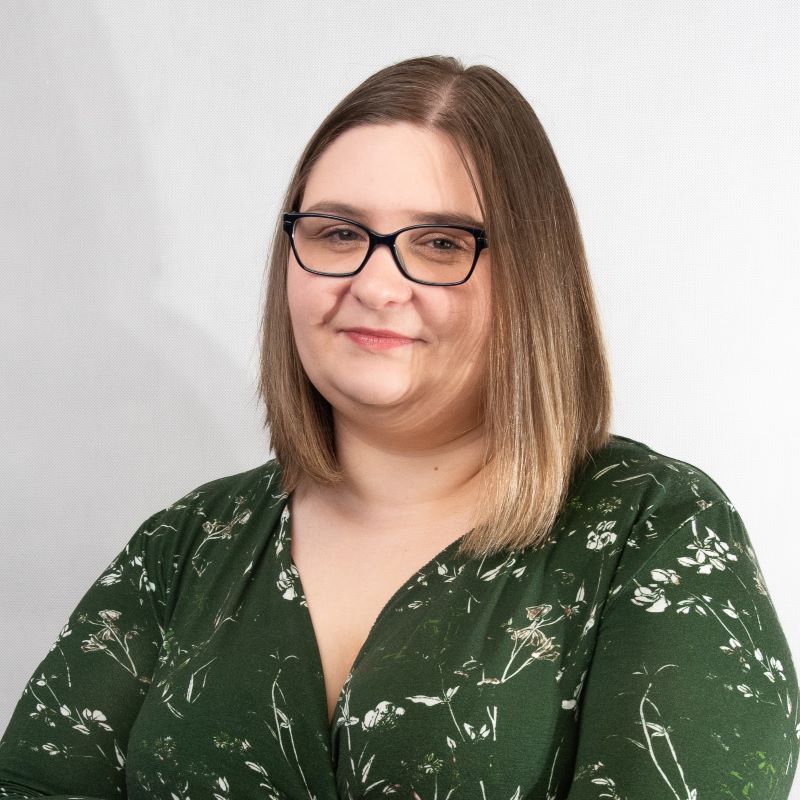
Philologist and sociologist by education, her research work revolves around digital games. As an Assistant Professor at the Faculty of Humanities, she conducts classes in game studies, game development, new media and English. Her research interests include game studies, in particular romantic plots, and audience theory and studies.
Tomasz Bonikowski, MA
Faculty of Humanities, University of Silesia

Weronika Cygan, MA
Media Communication Centre, University of Silesia
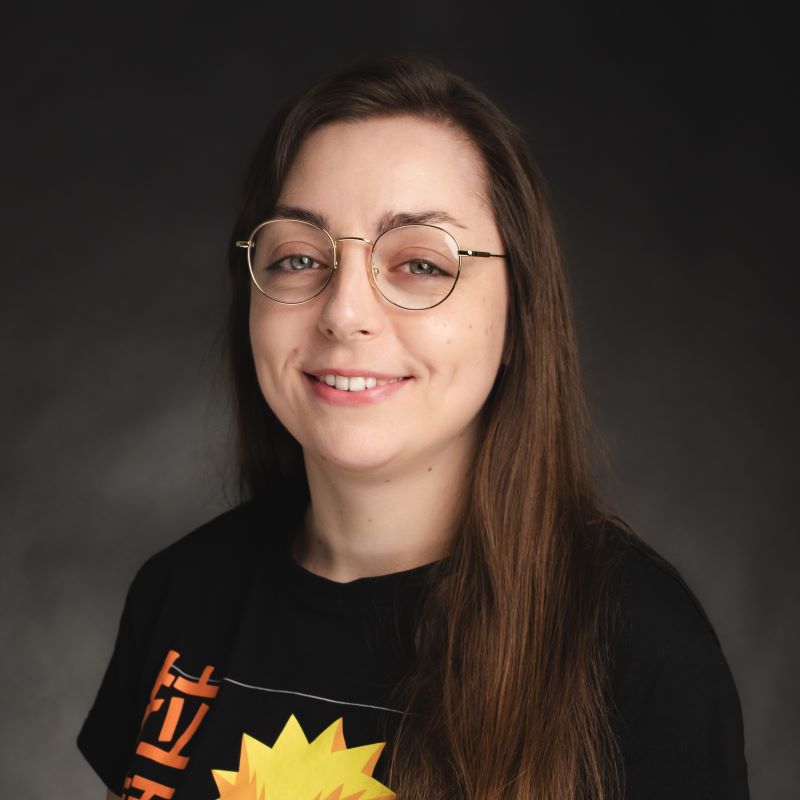

Assistant Professor at the Institute of Literary Studies, Faculty of Humanities, University of Silesia. Research interests:
- research on interactive entertainment and new media,
- literary studies,
- ecocriticism.
Agnieszka Kliś-Brodowska, PhD
Deputy Head of the Game Studies Research Centre
Faculty of Humanities, University of Silesia
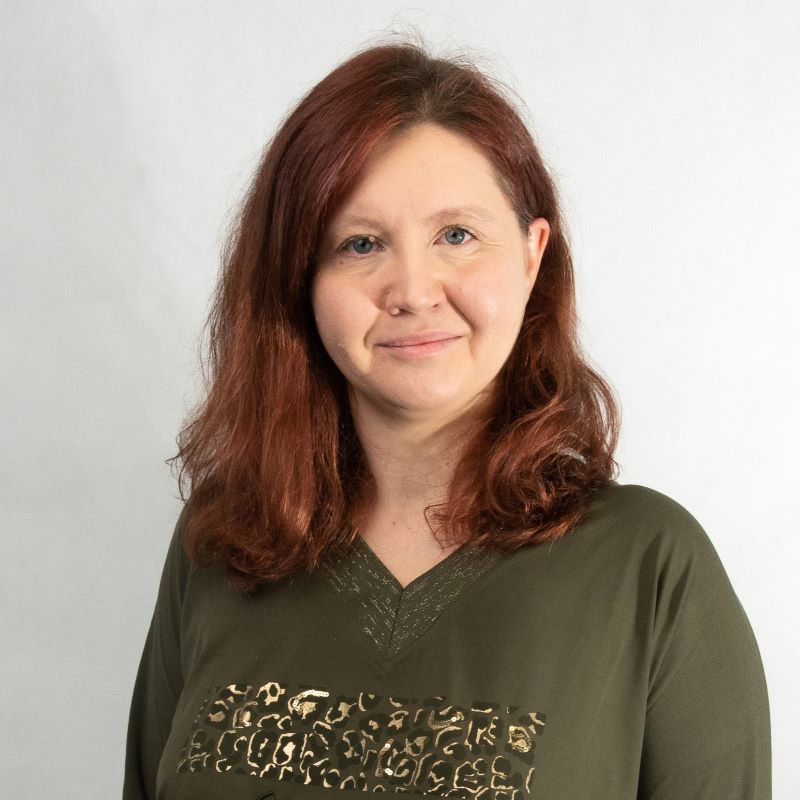
English and literary scholar, carries out research on culture, game studies and literature, primarily English-language literature. Her research interests include the discourse as understood by Michel Foucault, transmedia storytelling of literary fairy tales, and broadly understood Gothic fiction. She lectures on English Studies where she carries out classes in Practical English, Literary Translations, Rhetoric, Postmodern Reinterpretation of Fairy Tales, and courses dedicated to digital games.
Michał Kłosiński, PhD, DLitt, Assoc. Prof.
Head of the Game Studies Research Centre
Faculty of Humanities, University of Silesia
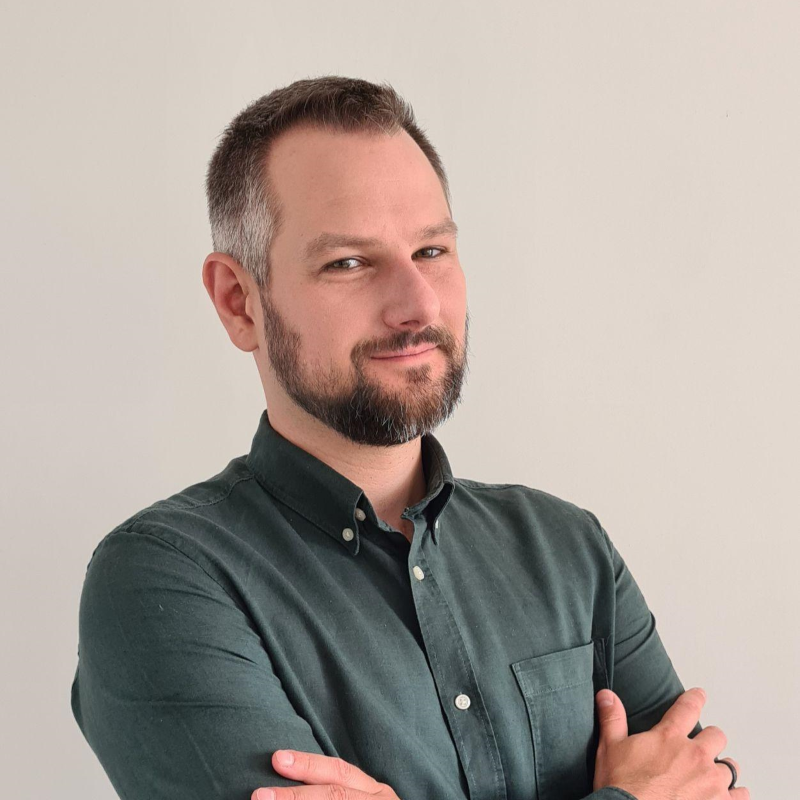
Initiator and Head of the Game Studies Research Centre. His current hermeneutical and post-phenomenological research can be placed at the intersection of literary theory, game studies and utopian studies. His main interests are: critically oriented video games, literary theory and philosophy of technology. His research focuses on questions of representation, simulacra, quasi-objects and critique of capitalism based on hermeneutic lectures of games and literature.
full bio
The initiator and the Head of Game Studies Research Centre, Executive Director for Taxonomy and Gamification at GETES Foundation.
An active member of the Utopian Studies Society and the Society for Utopian Studies. During his doctoral studies, he participated in the Paris Programme in Critical Theory.
He published articles on Polish literature, literary theory and video games in: Game Studies, Journal of Gaming and Virtual Worlds, International Journal of Baudrillard Studies, Pamiętnik Literacki, Teksty Drugie.
He is the author of monographs: Świat pęknięty. O poemach naiwnych Czesława Miłosza (Warsaw 2013), Ratunkiem jest tylko poezja Baudrillard – Teoria – Literatura (Warsaw 2015) and Hermeneutyka gier wideo. Interpretacja immersja, utopia [Hermeneutics of Video Games. Interpretation, Immersion, Utopia] (Warsaw 2018) and Przygody cyfrowego tułacza [Adventures of a Digital Nomad] (Katowice 2023).
He also co-edited More After More. Essays Commemorating the Five-Hundredth Anniversary of Thomas More’s Utopia (with Ksenia Olkusz and Krzysztof M. Maj) (Krakow 2016), Ekonomiczne teorie literatury (with Paweł Tomczok) (Katowice 2016) and Dyskursy gier wideo (with Krzysztof M. Maj) [The Discourses of Video Games] (2019).
His current hermeneutical and post-phenomenological research can be placed at the intersection of literary theory, game studies and utopian studies. His main interests are: critically oriented video games, literary theory and philosophy of technology. His research focuses on questions of representation, simulacra, quasi-objects and critique of capitalism based on hermeneutic lectures of games and literature.
He recently received a grant for ‘Mapping Game Biopolitics’ from the Polish National Science Centre.
Maciej Niezgoda, MA
Faculty of Law and Administration, University of Silesia

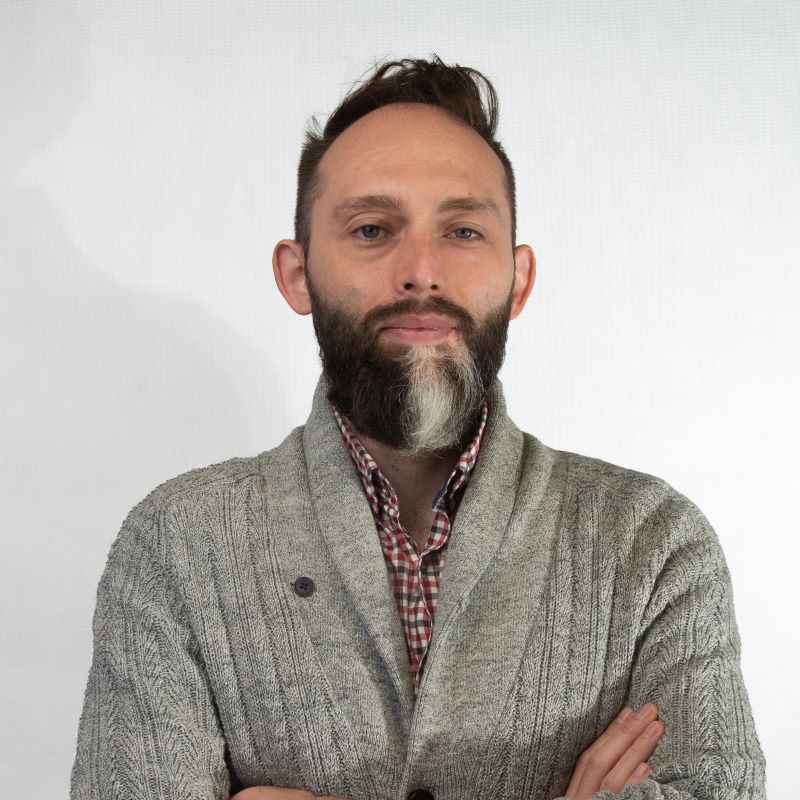
Research interests:
- narratology and cognitive science in literature, cinema and video game studies,
- aesthetics, emotions and affect in the reception of fiction,
- literature theory/analytic philosophy of literature,
- American culture and literature of the 50s and 60s, counterculture.
Students and hosts
Julia Opaczewska
Faculty of Humanities, University of Silesia
Dawid Kremzer
Interdisciplinary Individual Studies
Magdalena Cielecka
Anshar
Aleksandra Szymańska
TPiMW
Martyna Sotor
FP
Piotr Krzywicki
Interdisciplinary Individual Studies
Jakub Wrzyciel
student: psychology
- Prof. Hans-Joachim Backe (IT University of Copenhagen)
- Magdalena Bednorz, PhD (University of Silesia)
- Prof. Astrid Ensslin (Universität Regensburg)
- Prof. Sonia Fizek (Cologne Game Lab, TH Köln, University of Applied Sciences)
- Prof. Kristine Jørgensen (University of Bergen)
- Agnieszka Kliś-Brodowska, PhD (University of Silesia)
- Michał Kłosiński, PhD, DLitt, Assoc. Prof. (University of Silesia)
- Prof. Souvik Mukherjee (University of Kolkata)
- Bartosz Stopel, PhD (Uniwersytet Śląski)
- Agata Zarzycka, PhD, DLitt (Wrocław University)





